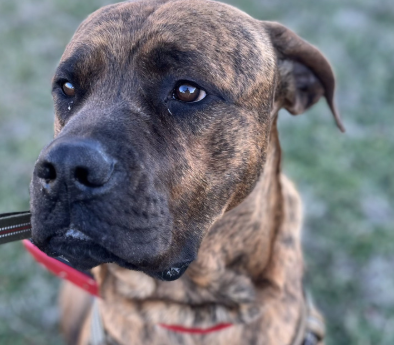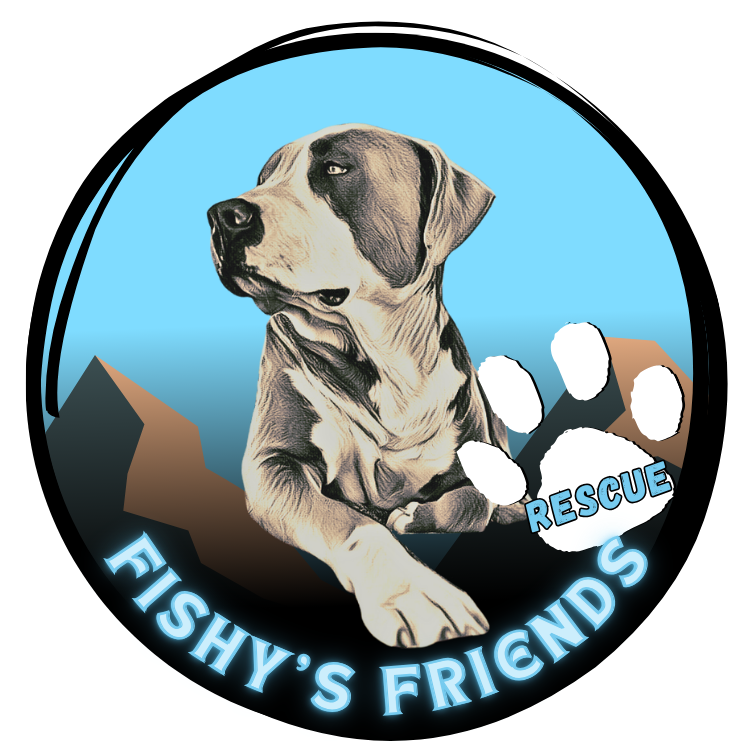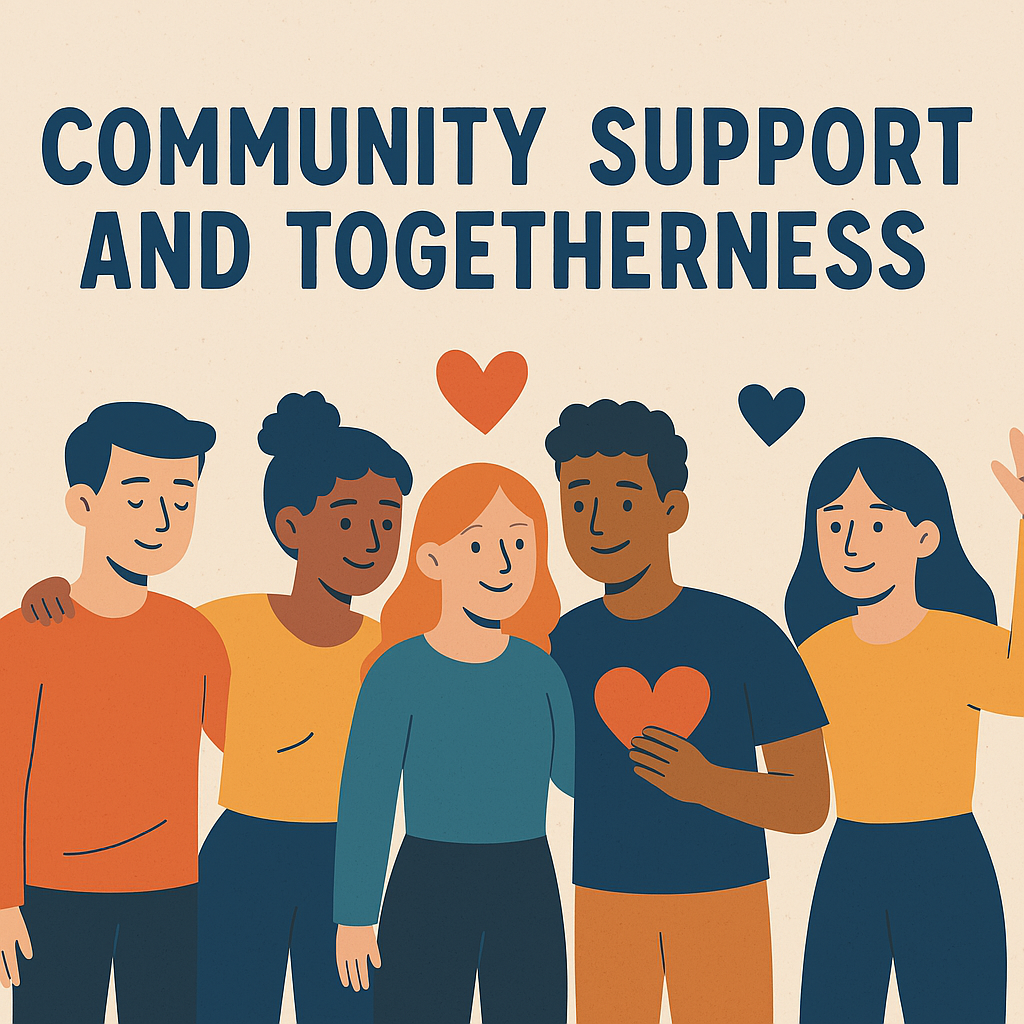“He’s Not Aggressive—He’s Anxious: Why Our Words Matter in Rescue”
If I could give just one tip to anyone fostering a rescue dog, it would be this: language matters.

An Inspiring Experience from the Heart of Foster Hero Amy M.
"The words we use shape how others see these dogs—and more importantly, how they see themselves as potential adopters.
Not long ago, someone described one of our fosters, Boris, as aggressive.
I immediately paused and asked for clarification.
Why? Because Boris isn’t aggressive. He’s reactive.
There’s a world of difference between the two, and that distinction could make or break his chances of finding a forever home.
Reactive dogs are often overwhelmed by new environments, overstimulated by certain triggers, or unsure how to process excitement, fear, or uncertainty.
Aggression implies intent to harm.
Boris? He’s just figuring out the world—like so many rescue dogs learning to trust again.
This is where the 3-3-3 rule of fostering comes in.
- 3 Days to decompress.
- 3 Weeks to settle in.
- 3 Months to fully bloom.
Throughout those phases, dogs change. They evolve. They show you glimpses of who they were before the trauma and who they might become with love, stability, and guidance.
As fosters, our job is more than feeding, walking, or playing.
It’s observing, communicating, and telling a story that sets each dog up for success.
Potential adopters deserve clarity. Especially when it comes to breeds with working dog energy, herding instincts, grooming demands, or high drive personalities.
We owe it to the dogs and the families to be honest, detailed, and compassionate in how we describe behaviors, needs, and quirks.
Because with the right language, we don’t just describe a dog—we introduce a soulmate."
So if you or someone you know is looking for a handsome, emotional little land hippo like Boris—full of potential, curiosity, and heart—please visit the Fishy’s Friends Rescue page and apply to adopt. He’s waiting. And he deserves to be understood.
Let’s change lives—one word at a time.















